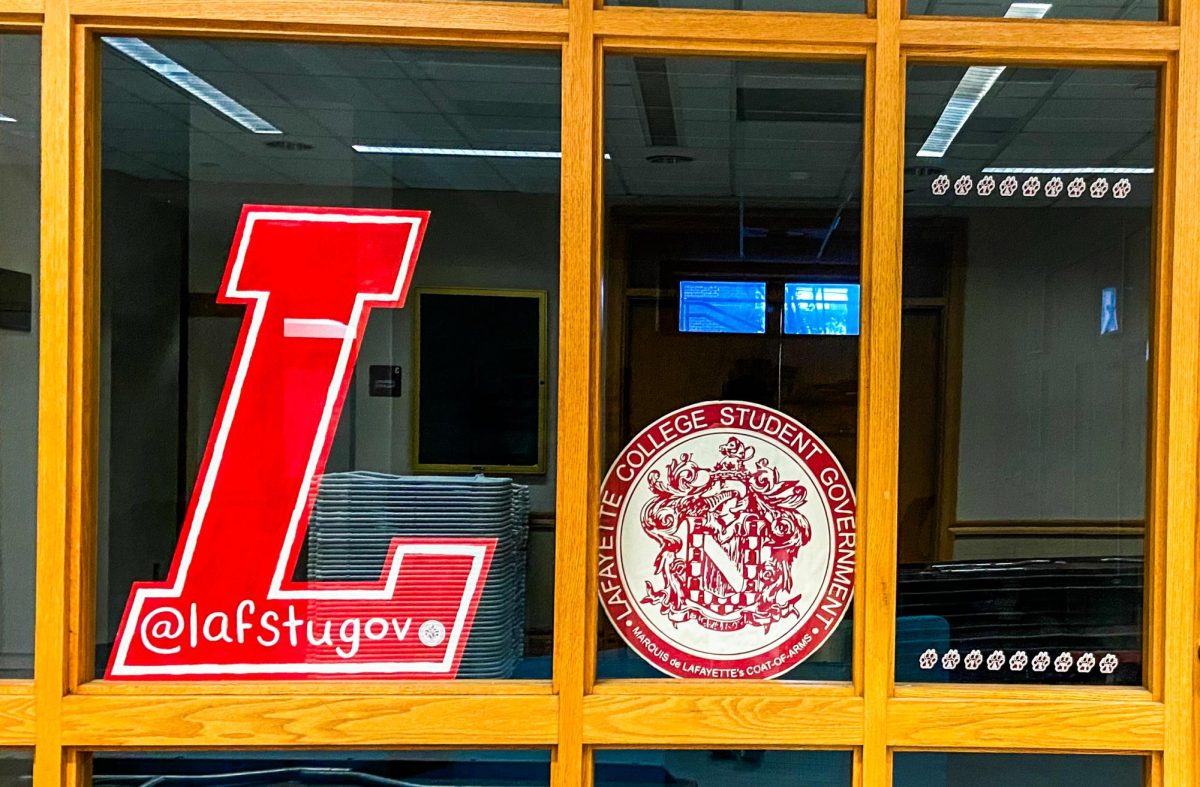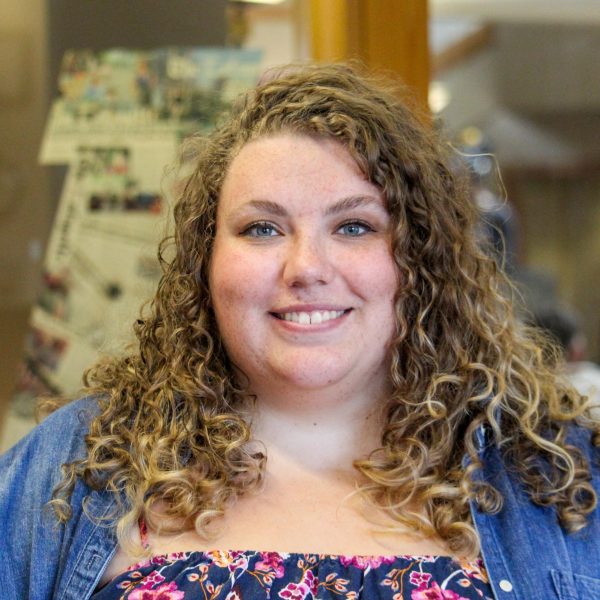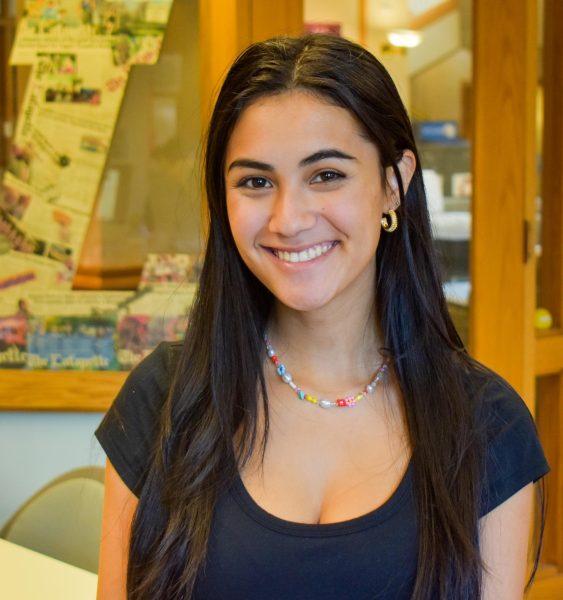In the wake of budget concerns and the number of student organizations reaching an all-time high of 175, all clubs will be required to re-register and abide by new guidelines by Sunday.
The requirements, which include an updated constitution, a minimum of 20 members and at least four designated executive board members, were first introduced by Student Involvement last April and are now going into effect.
“The purpose of doing it now versus at the end of the year was to have the Involvement Fair so clubs that didn’t have a rich enough roster would actually have an extra month to recruit people from the new seven hundred incoming students to help fill some of their rosters,” dean of students Brian Samble said.
Vanessa Pearson, director of student involvement, further clarified the timeline of the process.
“Now, we’re actually in the implementation part, and so we’re asking groups to actually fill out the form and do those kinds of things,” she said. “Nothing has changed from the spring, it’s just [that] we’re actually rolling it out.”
“The process of re-registration is very simple,” head of the Student Government’s student organizations committee Christo Maheras ‘26 wrote in an email. “Club officers, when they attempt to access their club through OurCampus will be automatically redirected to the form. The form … is no more than ten questions.”
According to Pearson, the re-registration process is one step in Student Involvement’s goal to organize the club system.
“For the past four or five years, we really haven’t had any sort of registration process or renewal process,” she said. “This is really an attempt for both the student involvement office and Student Government to kind of understand who the clubs are [and] who is active.”
Maheras also emphasized that a process like this one is the norm for college organizations.
“After [poring over] some of the systems in place at peer institutions (such as NESCAC, Patriot League, and LVAIC schools), it became clear that we were the outlier,” he wrote.
Pearson expects the process will also help allay some of the budget concerns raised by clubs over the last few budget cycles.
“Ultimately, those funding decisions [are Student Government’s], but I’m hoping that more information we can provide will be helpful for them and it will also let them know [they] actually shouldn’t be giving money to this club because they haven’t met the requirements or they technically … don’t exist, or they’re inactive,” she said.
Samble believes this will also help create a more accurate picture of student organizations on campus.
“I think it’s disingenuous to publish a list of student [organizations] to the world and to prospective students and those clubs don’t exist,” he said. “They’re not active, they’re not doing programs. I think it’s more representative to publish a list that are actually active both for our current and our prospective students.”
“I think it’s nicer for the bigger [clubs] or even the ones right in the middle,” co-president of Lafayette Happiness Project Devin Croake ‘24 said. “Because then those funds go more towards people that are actively being involved on campus.”
Organizations that cannot meet the 20 member requirement, such as club sports with small rosters, can reach out to Pearson for an exception. According to Maheras, the process is not intended to eliminate any clubs, but instead to make sure that all clubs are functioning well.
“The clubs that may be ‘filtered-out’ are going to be clubs who neglect to put the effort in to do the re-registration, or ones that fail to communicate if they have issues,” Maheras wrote.
Croake said that the re-registration process was not difficult for her club due to its large size.
“We don’t have any issues. We kind of lucked out because one of the people who started the club … works in admissions so finding an advisor was quite easy for us,” Croake said. “And we are one of the biggest clubs on campus, so it wasn’t difficult to meet the member requirements, and then me and the other co-president had been working on the Constitution since last semester.”
According to Pearson and Maheras, re-registration will become an annual process during the spring semester moving forward.
“The re-registration process right now is meant to be a bit of a pilot for how we conduct the process in the future,” Maheras wrote.
“I just needed to have a conversation with a group [looking for an exception],” Pearson said. “This process is not meant to be restrictive in any means.”
Managing Editor Trebor Maitin ’24 serves as the Student Government parliamentarian. He did not contribute writing or reporting.


























































































































